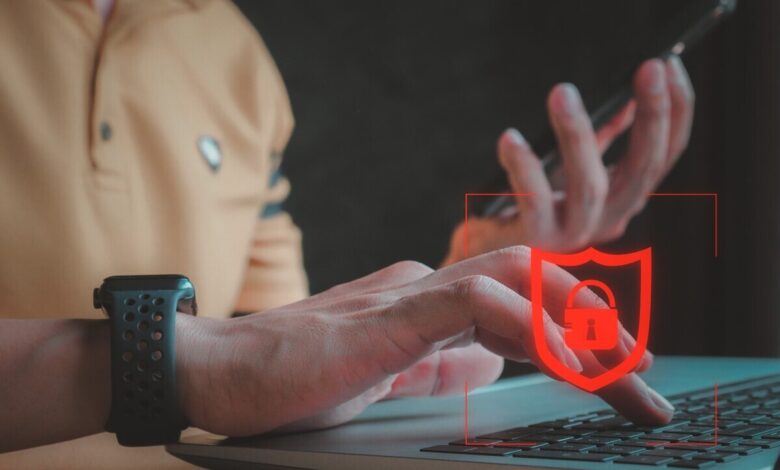Smartphone privacy as a form of digital hygiene: tips from a cyber expert

Nowadays, a mobile phone has ceased to be just a means of communication, it is our personal storage, diary, navigator, tool for work, communication and even recreation. The smartphone contains more information about us than anywhere else: location history, correspondence, bank data, habits, contacts, recordings, photos and videos. However, along with the convenience that digital mobility brings, we subtly give away a part of ourselves. Many people no longer question the constant access of applications to the microphone, camera or geolocation, do not think about where their backup copies of chats are stored or who has access to files from the cloud.
The issue of privacy is no longer reduced to legal nuances or high technology. It is an everyday reality that determines who we are as individuals: those who voluntarily allow themselves to be tracked, or those who retain control over their own digital footprint. At a time when the private becomes public without our consent, and when transparency in the mobile space benefits everyone but the users themselves, the ability to protect oneself on a smartphone is becoming the new norm.
Personal privacy is increasingly becoming a basic element of information security and personal autonomy that every person should maintain as regularly as personal hygiene. This is exactly the point of view expressed cyber security specialist Serhii Samedov. In his opinion, at a time when states, special services and large corporations are fighting for the right to access our personal data, the passivity of users only contributes to the expansion of control over them.
Samedov believes that privacy is not about secrets that need to be protected, and not about paranoia. It’s about taking control of your digital life. A person should know and decide what data he transfers, to whom, when and for what purpose. He draws attention to the fact that a smartphone is not just a means of communication – it is at the same time a digital footprint, biography, search history, health, financial behavior, social circle, vulnerabilities and habits. And every neglect of privacy in a smartphone is a transfer of control over oneself to unknown entities.
As Samedov notes, the problem lies not so much in technology, but in the daily behavior of people. When a user accepts standard settings, does not analyze application requests, does not refuse intrusive permissions, he delegates the right to make decisions about his own privacy to others. This decision is not always conscious, but it has very real consequences. For example, giving full access to your contacts to obscure TikTok apps is the same level of carelessness as handing over your diary to outsiders.
The expert emphasizes: digital security does not require deep knowledge, but it does require discipline. And this can be implemented in simple things: from restarting the phone every day, which can disrupt the work of malicious software, to deliberately refusing messengers without end-to-end encryption. He advises to give up the habit of leaving the camera or microphone constantly on, not to give applications unnecessary permissions, to clear mail, not to save passwords in the browser, to use two-step authentication.
According to Samedov, society has formed a bad habit of believing that convenience is always more important than privacy. But in times of war and information vulnerability, this approach only increases the risks, from fraud to targeted surveillance. This is especially dangerous for people who work in the public sector, the media, law enforcement, or simply lead an active social life.
He emphasizes: a person has every right to be private, opaque, unpredictable – and the realization of this right does not require any permissions. This is a form of informational autonomy. And every digital gesture, even a small one — like refusing to automatically save passwords or limiting geolocation — forms a culture that Samedov calls digital hygiene.
He concludes by noting that while society has become accustomed to seeing privacy as a privilege or a risk, it should be considered the norm at least for those who do not wish to be the subject of manipulation, data collection or targeted digital influence. And even if there is nothing to hide, it makes sense to fight to decide what, to whom and when to report about yourself.





